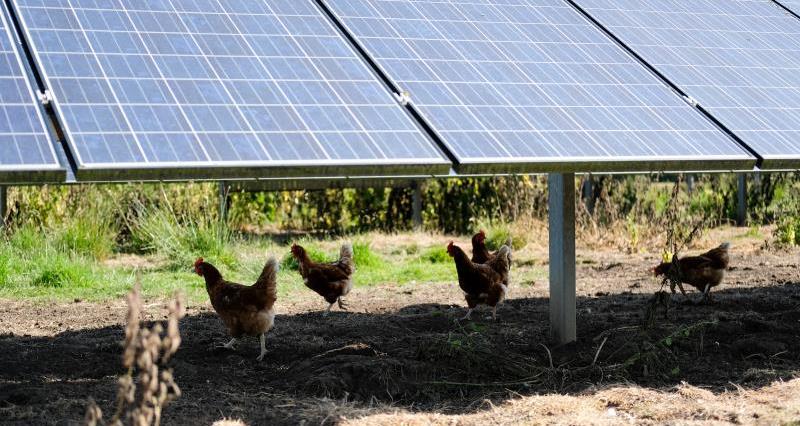Future farming development offers further potential for environmental improvements, such as water management and habit creation, but land use changes need to create income that can then be spent maintaining sustainable farm businesses and ensuring rural communities prosper.
The NFU report United by Our Environment Our Food our Future explains environmental farming opportunities and challenges. The NFU has set the ambitious goal of reaching net zero green house gas (GHG) emissions across the whole of agriculture in England and Wales by 2040.Incredibly nearly 40% of farmers produce renewable energy on farm already. Going forward it is important to recognise that agricultural land can also sometimes be put forward for other built land uses beneficial use to support the farm unit.
When making planning decisions, a careful balance therefore needs to be struck. Strategic planning decisions can also indirectly impact on the best and most versatile agricultural land, for example if additional development leads to agricultural land being flooded.
The use of renewable energy can reduce reliance on the grid and provide local energy supplies to rural communities as well as for direct farming needs. The provision of reservoirs and other water storage systems can ensure farmers can continue to farm in times of drought and additional water demand.
The message is that there needs to be a proactive approach within the town planning system that seeks to ensure future farming is promoted and does not set up unnecessary barriers to stop development in the countryside.
The National Planning Policy Framework makes clear that there is a presumption in favour of sustainable development, whilst recognising the value of the environment. The NFU welcomes the promotion of a positive planning system to help deliver future farming in planning application decision making and development plans.
